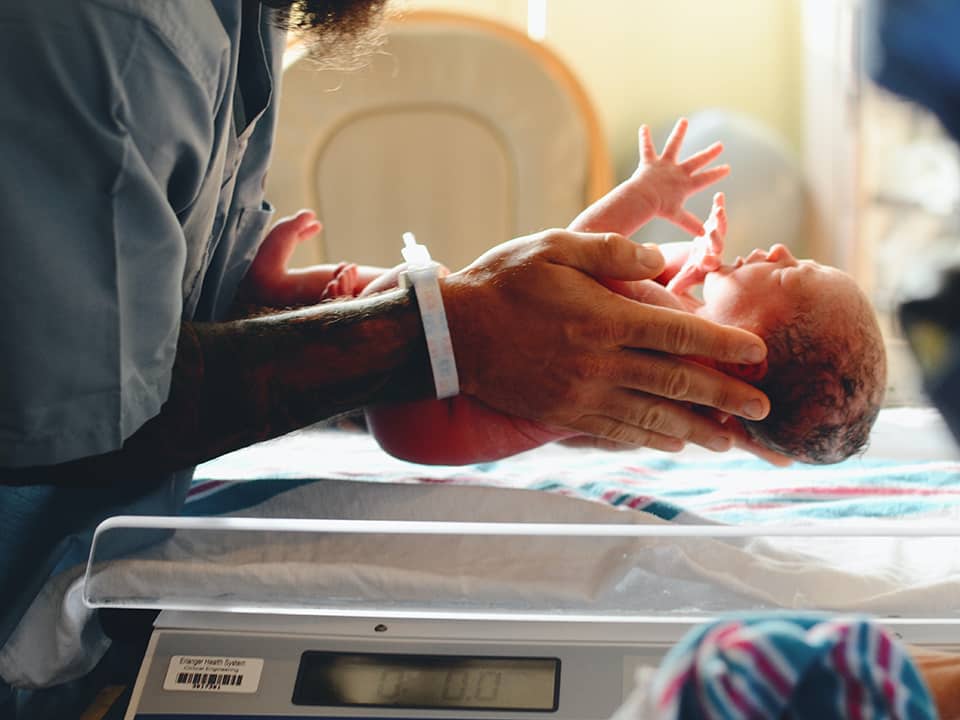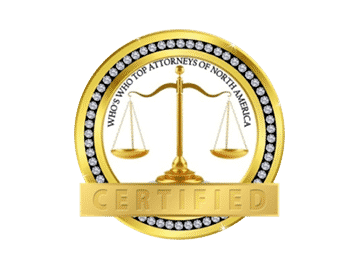Preeclampsia
ROB LEVINE, MEDICAL MALPRACTICE LAWYER
VICTIM OF PREECLAMPSIA? GET AN ATTORNEY
Preeclampsia is a serious condition that can result in severe side effects, potentially becoming fatal to both mother and child. Early diagnosis and proper treatment are essential for the well-being of the mother and child.
GET HELP NOW! THE HEAVY HITTER® IS HERE FOR YOU
CONTACT US NOW FOR ASSISTANCE 24/7. NO FEES UNTIL YOU WIN
SYMPTOMS OF PREECLAMPSIA
Preeclampsia occurs when the mother’s blood pressure becomes dangerously high during pregnancy. Although it is normal for blood pressure to increase during pregnancy, if it becomes too high, there is a chance that blood flow to the baby will be cut off. It is the doctor’s responsibility to properly monitor both mother and child, as well as take appropriate action to ensure their safety.
Symptoms found in the mother that could indicate preeclampsia include:
- Weight gain
- Severe headaches
- Nausea/vomiting
- Abdominal pain
- Shortness of breath
- Visual disturbances
- Blurred vision
- Decreased urine output
RISKS ASSOCIATE WITH PREECLAMPSIA
Preeclampsia can escalate very quickly. Left untreated, it can cause devastating side effects and sometimes even become fatal for the mother and/or child. Preeclampsia occurs in 5% of all pregnancies and is currently the second leading cause of maternal deaths in the United States.
Risks associated with preeclampsia include:
- High blood pressure
- Diabetes
- Heart disease
- Seizures
- Birth injuries
- Eclampsia
ECLAMPSIA
Preeclampsia, if left untreated, can lead to eclampsia, a condition characterized by seizures that occur during pregnancy or post-partum. According to Medical News Today, eclampsia is a rare condition, affecting only 1 in every 2,000 to 3,000 pregnancies, but it is responsible for 14% of maternal deaths. The seizures from this condition can leave harmful damage to the mother and/or child.
Eclampsia may result in:
- Seizures
- Stroke
- Brain damage
- Coma
- Death
Although eclampsia can sometimes be predicted if the mother experiences preeclampsia, other times it can be difficult to spot symptoms.
Some possible symptoms include:
- Headaches
- Excessive weight gain
- Nausea, vomiting, or stomach pain
- Swelling of the hands, feet, and face
WAS IS MEDICAL NEGLIGENCE?
It is the responsibility of the doctor to properly monitor both mother and child to ensure their safety should preeclampsia occur.
Medical malpractice may have been a factor in the following cases:
- Failure to monitor mother and child properly
- Failure to suggest early delivery (at 37 weeks or over)
- Failure to order proper testing
- Improper medication or dosage


















